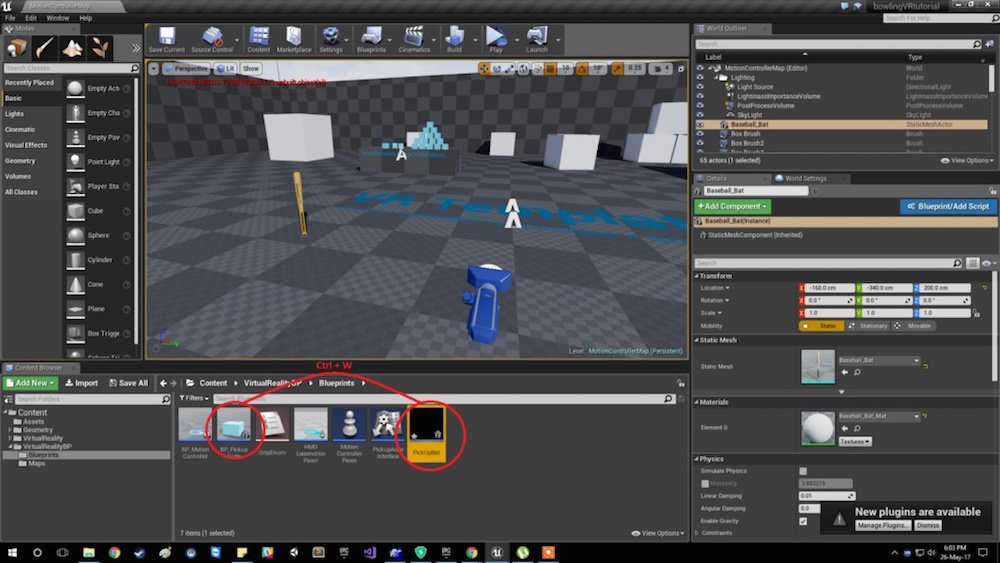Engineers and Mobile Companies Need to Recognize Cell Phone Signal Saturation
https://makerv2.webteractive.co/blog/engineers-and-mobile-companies-need-to-address-cell-phone-signal-saturation
As the world population increases and the number of cell phone owners grows, how will engineers and mobile companies work together to establish a strong signal despite the traffic?
Engineering Innovations Focused on Improving Our Mental Health
https://makerv2.webteractive.co/blog/how-engineering-can-improve-our-mental-health
Never has the importance of our mental health been more prevalent. The COVID-19 pandemic has driven a huge rise in anxiety illnesses across the globe. And, while our health services were already stretched, they are now bursting at the seams. Now more than ever, this has called for engineers to design technology that can monitor, research—and hopefully improve—our mental wellbeing.
Engineering is Top of the List in Britain as a Most Trusted Profession
https://makerv2.webteractive.co/blog/its-official-engineering-is-top-of-the-list-in-britain-as-a-most-trusted-profession
Engineering is the fifth most trusted profession in the UK. This is according to the 2019 Ipsos MORI Veracity Index, the UK’s longest-running polls on the trust of professions in Britain.
Electrical Engineers Designed This Shoe and That’s How It Should Be
https://makerv2.webteractive.co/blog/electrical-engineers-designed-this-shoe-and-thats-how-it-should-be
Wearable technology is nothing new. Smart devices such as watches and glasses have become commonplace, giving us convenient access to all their features. In the same way that smartphones have untethered us from our desktops, smartwatches have released us from our phones.
The Engineering Challenges of Operating a Zero Carbon Power Grid in the UK by 2025
https://makerv2.webteractive.co/blog/the-engineering-challenges-of-operating-a-zero-carbon-power-grid-in-the-uk-by-2025
The National Grid Electricity Operator (ESO) has reported that it will be able to fully operate Britain’s electricity on a zero-carbon system by 2025.
Female Engineers That Are Making A Name for Themselves in The Electrical Engineering Field
https://makerv2.webteractive.co/blog/female-engineers-that-are-making-a-name-for-themselves-in-the-electrical-engineering-field
Despite the ongoing battle for female equality, today’s women electrical engineers have made a name for themselves both in engineering and in other fields like politics and business. This list includes several well-established figures, but also runs through some up-and-coming engineers who we can expect to make big leaps forward in their field over the next few decades.
How Engineers Work Today: Situations That Require Collaboration in the Engineering Field
https://makerv2.webteractive.co/blog/how-engineers-work-today-situations-that-require-collaboration-in-the-engineering-field
In a typical product development lifecycle (PDLC), several professionals are involved in bringing the design to life: the engineering teams that perform front-end engineering design and backend software development, product designers that specify design requirements, supply chain professionals that handle supplies and logistics, and project managers that oversee all activities of the cross-functional team at a high level.
Critical Engineering Skills For the Future: Readying for the Fourth Industrial Revolution in the UK
https://makerv2.webteractive.co/blog/critical-engineering-skills-for-the-future-readying-for-the-fourth-industrial-revolution-in-the-uk
Engineering is vital to the UK’s economy: it provides quality employment alongside some vital solutions to major global challenges. However, the UK, similarly to the rest of Europe, has been experiencing a skills gap. Faced with the fourth industrial revolution and more, will the UK have the volume of engineering talent it needs to remain a key player?
Why Engineers Switch Specialties: The ‘Pull’ Factors
https://makerv2.webteractive.co/blog/why-engineers-switch-specialties-the-pull-factors
Following on from our first article—‘What Pushes Engineers to Switch Specialties’—we look at the other side of the same coin: what factors attract members of the industry to switch to new career disciplines?




